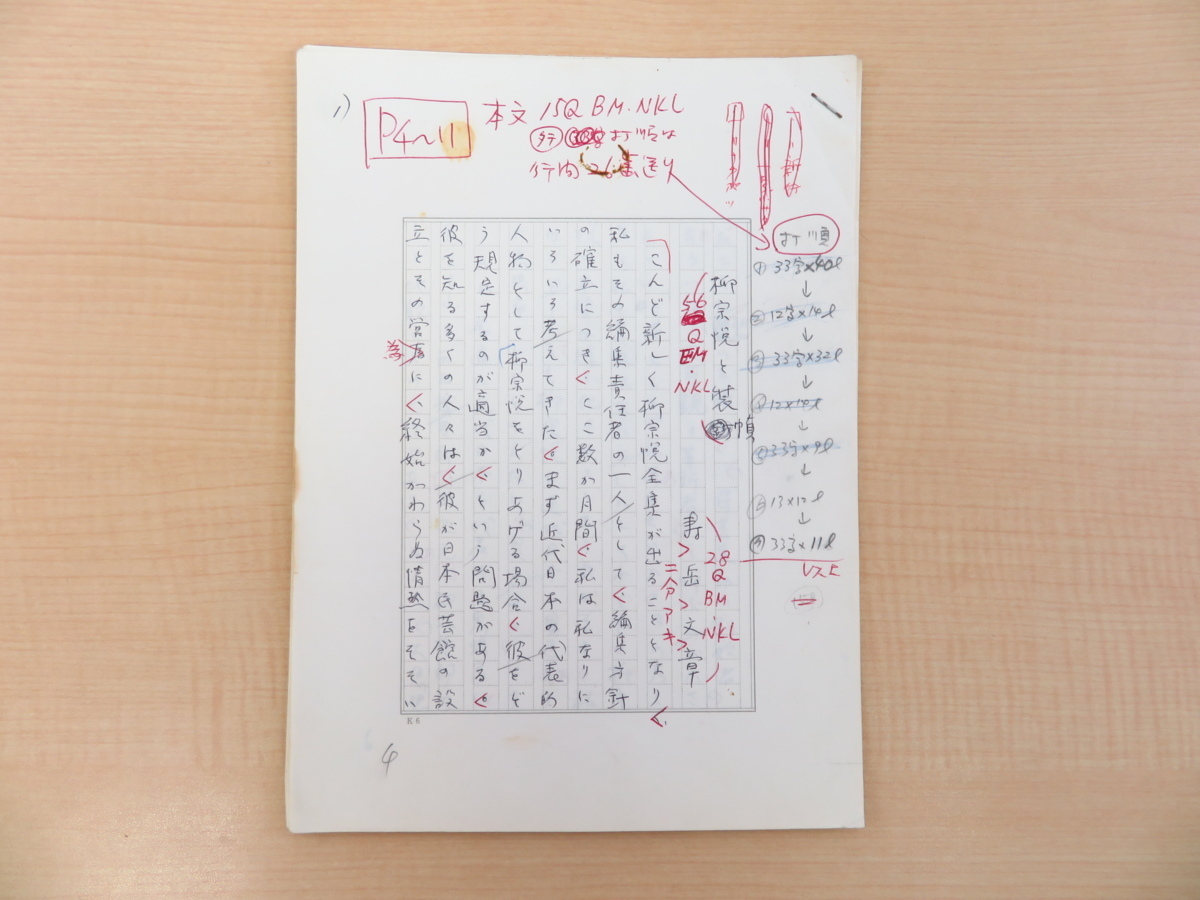-
シーンから探す
- ライト/ランタン
- フィットネス、トレーニング
- スポーツ別
- 玄関/屋外収納
- カーナビ
- パーツ
- ニット/セーター
- テレビ
- フィギュア
- 家具、インテリア
- 大阪府の家具
- ジャケット/アウター
- 文学/小説
- その他
- クラブ
- メンズアクセサリー
- サンダル
- 自転車本体
- キャラクターグッズ
- 楽器、器材
- PC/タブレット
- 植物/観葉植物
- ブランド別
- 美術品
- ミュージック
- 生活家電
- ミュージシャン
- 船、ボート
- トイガン
- 生活家電
- ポケモンカードゲーム
- 工具、DIY用品
- ポケモンカードゲーム
- Gジャン/デニムジャケット
- オートバイ
- メンズアクセサリー
- レザーベルト
- トップス
- 中古車・新車
- 絵画/タペストリ
- その他
- ショルダーバッグ
- 携帯電話、スマートフォン
- ミリタリー
- キッチン、食卓
- 工芸品
- ステアリング
- その他
-
贈る相手から探す
- 山梨県のその他
- 空気清浄器
- ネックレス
- ブランド別
- コスプレ
- オフィス用品
- トイラジコン
- フィギュア
- ゲーム
- 腕時計(アナログ)
- ブランド腕時計
- ルアー用品
- ノートパソコン
- ポケモンカードゲーム
- ノートPC
- エレキギター
- 電装品
- 靴/シューズ
- 店舗用品
- 茨城県のその他
- テント/タープ
- ゲーム
- ジャンパー/ブルゾン
- 酒
- その他
- カメラ
- ペット用品
- 漫画
- 工具、DIY用品
- ジャンパー/ブルゾン
- リング
- ドレス/ビジネス
- ドレス/ビジネス
- 工具、DIY用品
- オートバイ車体
- 北海道のその他
- ゲーム
- その他
- 大阪府のその他
- 飲料
- 青年漫画
- ブローチ/コサージュ
- キャラクターグッズ
- セキュリティ
- キッチン家電
- 埼玉県のその他
- アマチュア無線
- カーナビ
- ナイロンジャケット
- 美容/健康
- その他
- カテゴリから探す
- おまとめ注文・法人のお客様
【極美品】ザ・シェパード アンダーカバー コーデュロイパンツ トム・ヨーク着 ベスト
-
商品説明・詳細
-
送料・お届け
商品情報
●商品名品名:The Shepherd UNDERCOVER コーデュロイパンツ生産国:日本生地:綿100%型番:USV4501販売年:2018秋冬付属品:なし●色合い焦げ茶よりの茶。●サイズ表記サイズ:4(XL)ウェスト:45.0cm(正面を最大に伸ばした状態での長さ)股上:30.5cm(足の付け根~ズボンの一番上)股下:60.5cm(足の付け根~ズボンの一番下)渡幅:27.0cm(足の付け根から10センチ下部分の横幅)裾幅:19.0cm(ズボンの一番下の横幅)ダブル幅:4.5cm※平置きで実寸※素人の採寸の為、多少の誤差はご容赦下さい。(2930)●説明2016年より開始した高橋盾氏が「今、自分が着たい服」を元にベーシックなアイテムを発表するシェパードのコーデュロイパンツです。こちらのパンツはradioheadのトム・ヨークが着用したモデルになります。ゆったりとした腰周りからテーパードの効いたシルエットが綺麗です。太畝の柔らかなコーデュロイのゆるい雰囲気が絶妙です。昨今の流行に合ったリラックス感のあるシルエットで着て頂けます。ノータック、ジップフライ、裾はダブル、背面のボタンはブランドロゴの入った茶ボタンです。背面の左腰位置にシェパード(羊飼い)の定番ポイントで子羊の刺繍が入っています。身長170で上まで上げて8分丈程度ですが、股上が深いので少し腰に落ちて9分丈程度の長さになります。トム・ヨークの画像と同じような長さで、靴も同じくスエードのブーツを合わせて着ておりました。●状態10中9ほとんど使用感のない綺麗な状態で、ダメージもない極美品です。特に目立つ汚れ、破れ、擦れ、染み等はないかと思います。●配達宅急便60サイズで発送致します。皺になりますが、痛む生地ではございませんので折り畳んで箱に入れて配送致します。商品の情報カテゴリー : メンズ > パンツ > スラックス商品のサイズ : XL(LL)ブランド : アンダーカバー商品の状態 : 未使用に近い発送元の地域 : 鹿児島県
残り 7 点 35,800円
(396 ポイント還元!)
翌日お届け可(営業日のみ) ※一部地域を除く
お届け日: 11月29日〜指定可 (明日16:00のご注文まで)
-
ラッピング
対応決済方法
- クレジットカード
-

- コンビニ前払い決済
-

- 代金引換
- 商品到着と引き換えにお支払いいただけます。 (送料を含む合計金額が¥291,028 まで対応可能)
- ペイジー前払い決済(ATM/ネットバンキング)
-
以下の金融機関のATM/ネットバンクからお支払い頂けます
みずほ銀行 、 三菱UFJ銀行 、 三井住友銀行
りそな銀行 、ゆうちょ銀行、各地方銀行 - Amazon Pay(Amazonアカウントでお支払い)
-

































